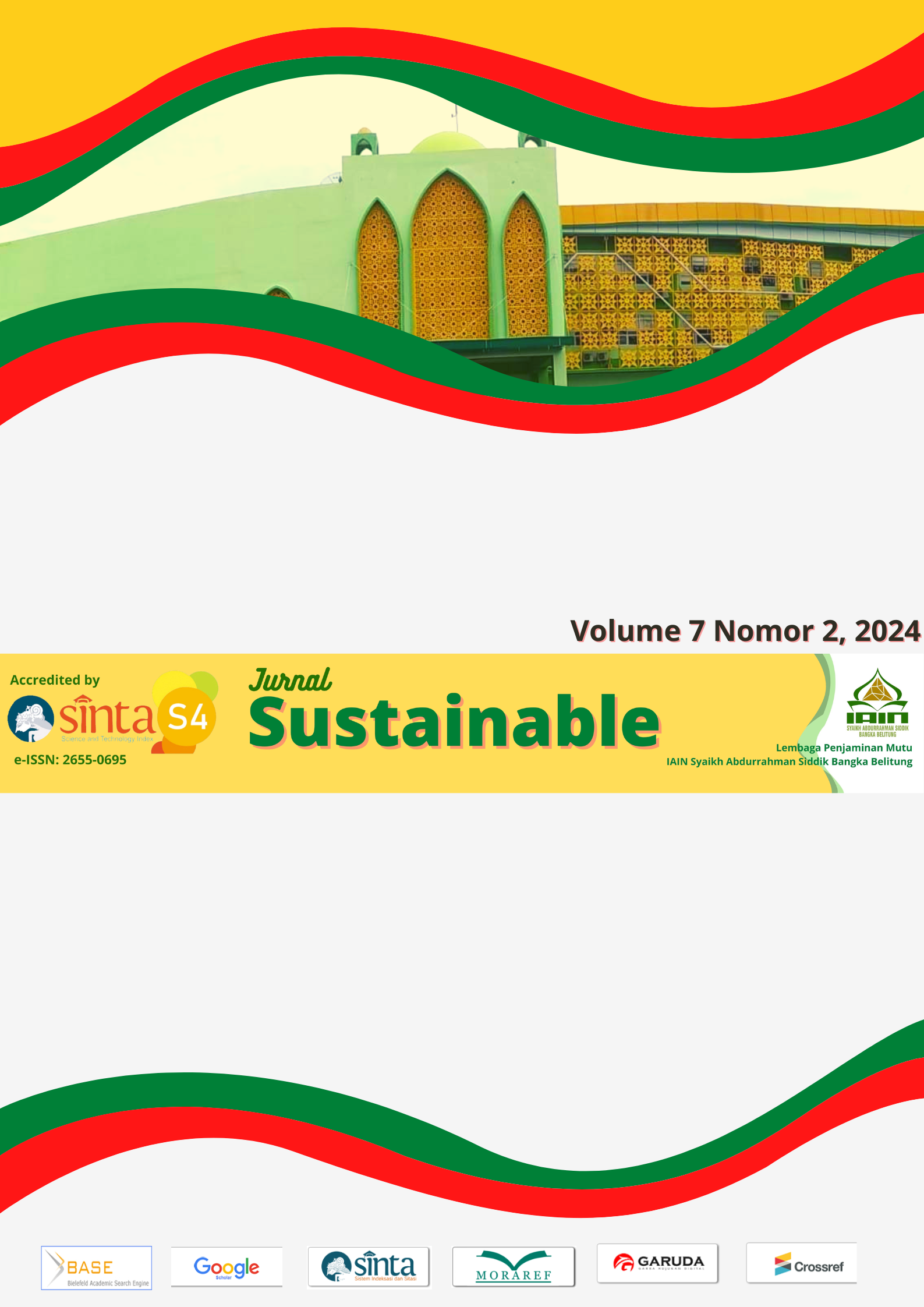Framing of Feminism Reporting in Online Media: The Perspective of the Educational Function of the Press
Abstract
The role of press education is crucial in introducing and educating the public about feminist issues through in-depth and critical reporting. Online media serve as agents of change by promoting gender equality and challenging stereotypes. Women have long been subjects in mass media, yet discussions surrounding gender equality, the feminist movement, and its dynamics persist. Feminist campaigns often find the portrayal of women in media problematic. This study, titled Framing of Feminism Reporting in Online Media: The Perspective of the Educational Function of the Press, employs qualitative research using Zhongdang Pan and Gerald M. Kosicki's framing analysis model, which includes syntax, script, thematic, and rhetoric elements. The research analyzes how feminism is framed in the online media outlet Wongkito.co and links it to the educational function of the press. Framing feminism in this context reflects the media’s dual role: disseminating information and educating the public on values such as gender equality, courage, and female leadership. The educational function of the press emphasizes its role in raising awareness, challenging stereotypes, and fostering positive social change. The study finds that Wongkito.co portrays women as equals to men in social, political, and economic spheres. By highlighting women’s courage and leadership, it effectively challenges gender stereotypes, fulfilling the press's educational function and advancing the discourse on gender equality. This demonstrates how media can shape societal perceptions and advocate for progressive change.
Downloads
Copyright (c) 2024 Karerek Karerek, Nurseri Hasnah Nasution, Jufrizal Jufrizal, Galih Priambodo, Yusra Jamali

This work is licensed under a Creative Commons Attribution 4.0 International License.






.png)
